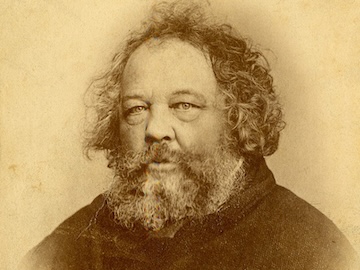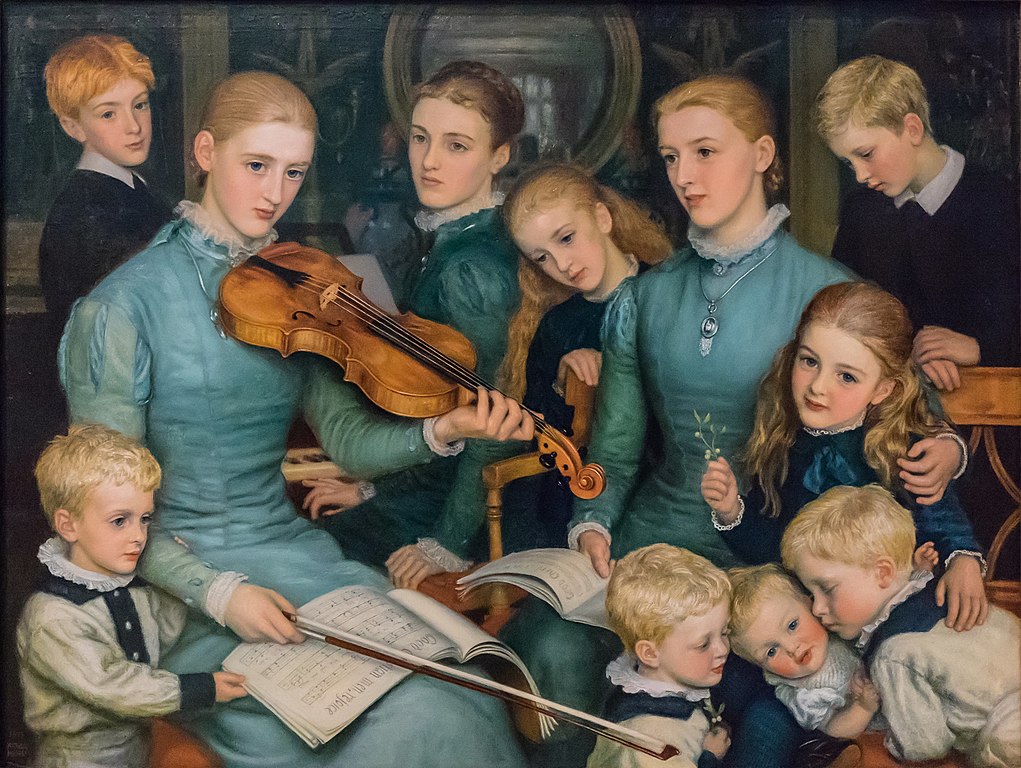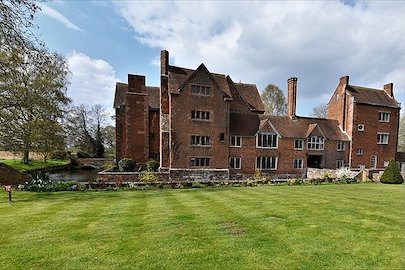See Also Subjects Authors Years
This page is an index to all 1604 posts in The Copy Book.
The Copy Book is an ever-growing library of short passages from history and literature, intended for practice in paraphrase and précis or simply for reading pleasure. They include brief summaries and eyewitness accounts of major events in our national history, and extracts from fables, poetry, plays, novels, political speeches and biography. Many were included by NL Clay in his anthologies of ‘straightforward English’.
You can keep up-to-date with new posts, and discover old posts you may have missed, with the Clay Lane Blog, where you will also find a selection of word games and exercises in grammar and composition.
The posts are currently listed most recent first. Use the buttons below to sort the posts alphabetically, or shuffle the list so you can find posts from right across the collection.
Sort New to Old A to Z Shuffle
Today
Stephen was the first person to lose his life because he was a follower of Jesus Christ.
In about AD 34, St Stephen became the first person to be executed for his belief in Jesus Christ. Most of what is known about him comes from St Luke in his ‘Acts of the Apostles’, though Eastern tradition adds a little more.
Posted December 26 2015
Archive
1
Guiseppi Garibaldi treasured the memory of a visit to Tyneside.
In 1854, Guiseppi Garibaldi found himself an outcast across Europe for his campaign to unite Italy’s small states (some under foreign control) in a single country. He found friends in the US and on his return, his ship called into Newcastle-upon-Tyne for coal. Joseph Cowen Jr came aboard to present him with a ceremonial sword inscribed ‘To General Garibaldi, by the people of Tyneside, friends of European freedom’.
Posted Today
2
Fyodor Dostoevsky listened with growing bewilderment to the celebrity peace activists gathered in Geneva.
On September 9th-12th, 1867, some of the noisiest political activists of the day, including Mikhail Bakunin, Karl Marx, Victor Hugo and Guiseppi Garibaldi, gathered in Geneva for the inaugural Congress of the League of Peace and Freedom. In a letter to his niece, Sofia Alexandrovna, Russian novelist Fyodor Dostoevsky complained that they had a peculiar notion of peace.
Posted Yesterday
3
Izaak Walton recalls how George Herbert summarised the major feasts of the Church year.
From 1630 to his tragically early death just three years later, George Herbert was parish clergyman in Bemerton, Wiltshire. Sensitive and artistic, but stubborn in good principles, he was much loved by his parishioners. Here, Izaak Walton recalls how Herbert expounded the purpose and chief feasts of the Christian calendar, from Christmas to Pentecost.
Posted December 25
4
In a sermon for Christmas Day, St Bede confronts his brethren with the truth about Mary’s wonderful child.
In his Gospel, St John tells us that Mary’s child was actually God himself. From early times, the shock of this simple proposition was too much, even for very senior clergy, and they retreated into hair-splitting qualifications to escape it. The eighth-century English monk Bede, in a Christmas sermon, reminded his brethren of what happened to that child later.
Posted December 24
5
‘Alpha of the Plough’ thought the Victorians understood Christmas and New Year better than we do.
Writing in full knowledge of the horrors of the Great War, columnist Alfred Gardiner found early twentieth-century sneering towards the past a little hard to bear. The kind of progress we had made, he said, had not given us that right, and it was particularly grating to hear the moderns scorn their grandparents’ idea of how to keep Christmas and New Year.
Posted December 23
6
Sir Roger explains why he makes Christmas such a special time for all his neighbours.
Sir Roger de Coverley, a Worcestershire baronet, was created by Richard Steele in The Spectator for March 2nd, 1711. Sir Roger was the quintessence of the English rural squire, hearty, sometimes buffoonish, but lovable. Here, he speaks about Christmas on his estates. Steele’s friend Joseph Addison wrote this piece, which began with a line from Ovid: Most rare is now our old simplicity.
Posted December 21




